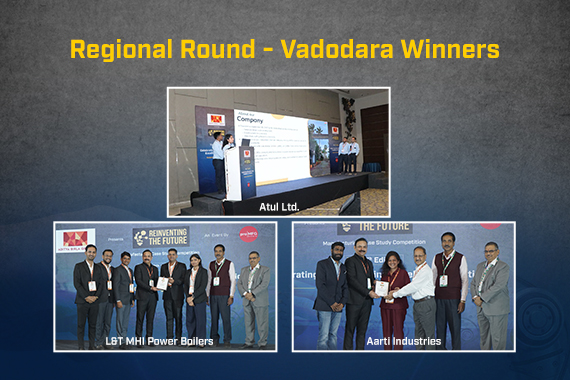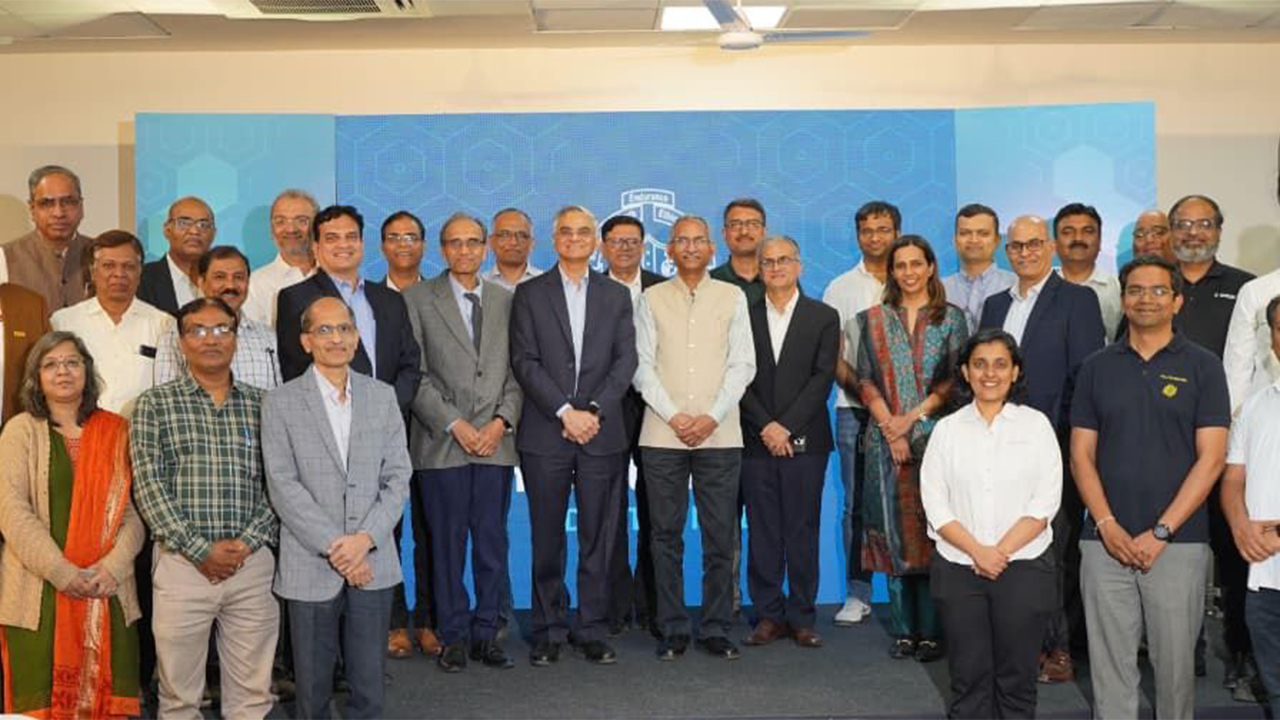Manufacturing sector needs to embrace the new age of technology. The change is bound to happen and thus, sooner or later, the organizations will have to adopt the advanced technologies. Mr. Atul Govil, Chief Transformation Officer & Head (SAP & IT) - Corporate at India Glycols share with Pro MFG Media the significance of IoT technologies in this generation as well as for the future generation.
The industry is by the people and the fact that with every passing generation, people will come and go but the fact still remains that every generation is different from the earlier ones. The engineers who stepped in the industry a decade back will definitely understand the gap and massive changes happening in the current generation. Many times, what is explained in college is absolutely in contrast to the reality. It is essential in this age for engineers to be prepared for the next generation.
We have to realize that the investment or costs incurred today needs to be seen as an investment for the future. The organization's perception is that the employees come and go but the organizations stay but what they are not realizing is that the time will not always be the same. In the coming years, there will be new technologies in the system which will stay for a longer period of time because the current generation is being born in the internet age. Many of them are living in the current digital era and possess amazing intellectuals with immense hunger for knowledge. The current employees are digital natives who are glued to their cell phones or will be carrying their laptops often to get their work done. The pace of technologies is at lightning speed and thus organizations should pace with them or else the companies are in a disastrous position. Basically, the manufacturing sector needs to implement or imbibe new-age technologies sooner than later. Employee retention is an essential aspect of the business as it may happen that due to lack of technological advancements, the experienced group may leave and the organization is left with the inexperienced one, leaving the organization in a tough spot. For example, the plane can fly for a few hours on autopilot mode but in case of any turbulence, the plane will need experienced hands and thus it is essential to retain the experienced ones in the organizations.
India Glycols had a detailed overview of the processes and the transactions as a complete assessment. The management also enhanced the key areas eventually creating a system for best operations and maintenance. And thus, have created a balanced system wherein the company uses the technology to supplement the human effort. India Glycols believes that the technology will not replace humans.
In some parts of the world, the organizations are using terms such as dark factories that use high-end technologies to monitor the process parameters and in case of any glitch, the tech will intervene in controlling any damage. Such a system is not the aim but building IoT tech solutions and connected factories is one of the major aspects of the plan. The aim is to create data that will help to get a quick response. Usually, if any component or electric circuit plays absurdly during the testing, the individuals are supposed to log in the book and in the later stage someone will log in the manual logbook in semi RP thus creating multiple layers of reporting and while so many reports were logged, the data eventually becomes irrelevant. The reports are submitted a day later the shift, thus results in creating dead data. The opportunity is closed and thus having these data points connected in a central system in a neutral manner will be highly useful. The key performance indicators (KPI) for the respective sections of the plant locations will help understand the exact location of the problem. Thus, saving a lot of time and costs. These systems and such ways of working should be normalized. Embracing the change and focusing on improvements should be the way ahead. It is essential to create a system wherein the organizations can optimize for better efficiency and create a high-end system and still be safe and sustainable.

NEWSLETTER
TRENDING ON PRO MFG
MORE FROM THE SECTION








